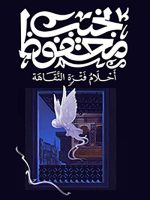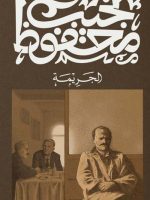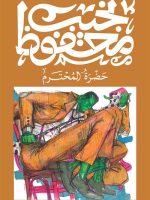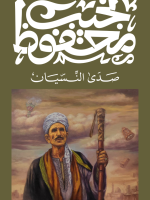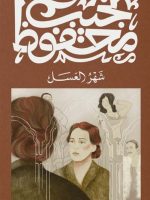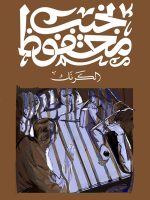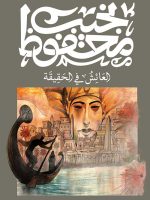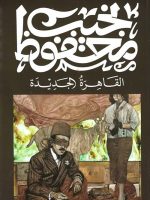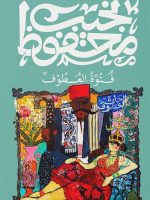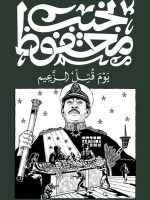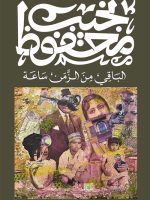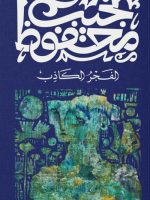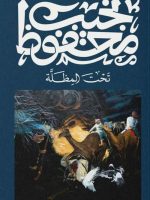Naguib Mahfouz Abdel Aziz Ibrahim Ahmed El-Basha (December 11, 1911 – August 30, 2006) was an Egyptian writer. He is considered the first Egyptian and Arab to win the Nobel Prize in Literature. Naguib Mahfouz wrote from the 1930s until 2004. All of his novels are set in Egypt and feature a recurring theme: the neighborhood that equals the world. Naguib Mahfouz wrote more than thirty novels, most of which were famous and adapted for film or television. His first novel was “Abath Al-Aqdar” (1939), and his last was “Qashmar” (1988). He also wrote more than twenty short stories, the last of which was “Dreams of Convalescence” (2004). Among his most famous works are: The Beginning and the End (1949), The Trilogy (1956–1957), Children of Gebelawi (1959), which was banned from publication in Egypt from its publication until recently, The Thief and the Dogs (1961), Chatter on the Nile (1966), Karnak (1974), and The Harafish (1977). While Mahfouz’s literature is classified as realist, existential themes appear throughout. Mahfouz is the Arab author whose works have been most adapted for film and television.
-
Convalescent Dreams
د.ا6.00Short narrative reflections weave together dreams and reality, reflecting the wisdom of old age and post-experience reflections.
-
Crime
د.ا5.00A contemplative novel that delves into the depths of the human psyche, exploring the effects of crime on the characters and their relationships within a complex social and cultural context.
-
Dear Sir
د.ا5.00The novel tells the story of the main character’s struggle with himself and his social environment, exploring issues of morality and principles in Egyptian society.
-
Dome weddings
د.ا5.00A novel that addresses the issues of internal conflict between social action and personal conscience, through a dramatic plot set in the world of theater, and explores the emotional and human conflicts between the characters.
-
Echoes of Oblivion
د.ا5.00A contemplative novel that sheds light on stages in human life and their internal struggles with time, Naguib Mahfouz reconsiders the meanings of memory and forgetfulness.
-
Heart of the Night
د.ا5.00A novel that explores the main character’s struggles in the face of social and political injustice in Egypt, dealing with issues of self and identity within a framework of existential questions.
-
Living in Truth
د.ا2.00This book presents philosophical reflections on life, death, and existence in a profound literary style that reflects the human experience of confronting truth.
-
New Cairo
د.ا6.00This novel reveals the class struggle and contradictions of Egyptian society in the 1940s through a story of love, betrayal, and the clash between principles and interests.
-
Qashmar
د.ا5.00A short novel by Naguib Mahfouz that tells the story of a young man living in a world of loss and disappointment, facing social and psychological challenges in his search for meaning and identity.
-
The Age of Love
د.ا5.00A novel that narrates a character’s journey in search of love and the challenges he faces in a changing world, while exploring the dimensions of human relationships.
-
The Day the Leader Was Killed
د.ا5.00This novel explores the impact of political assassination on individuals’ lives, through a love story that intersects with the transformations of Egyptian society.
-
There’s only one hour left.
د.ا5.00A novel that narrates man’s struggle with time and explores the life events of characters at a critical stage in their lives, where existential questions intersect with personal concerns.
-
twilight
د.ا5.00This novel sheds light on the internal struggle between hope and despair in the life of its protagonist, exploring the effects of social and political events on his life.
-
Under the Umbrella
د.ا5.00The novel explores the development of a young man’s character as he confronts social and political challenges in Egypt, highlighting the effects of power and living conditions on his life.
